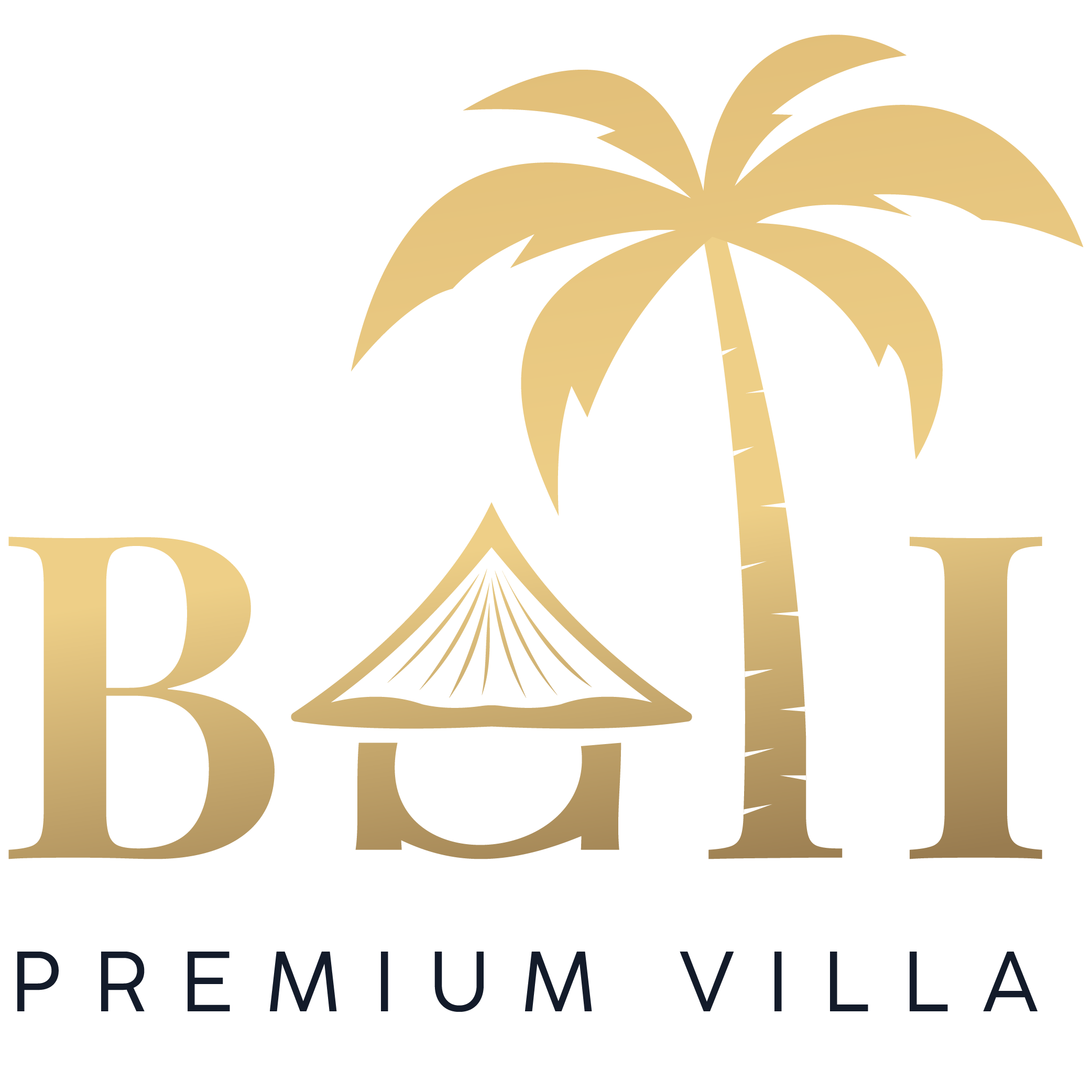The Difference Between Freehold and Leasehold You Need to Know Before Investing!
Oktarina
October 27, 2025
14 min read
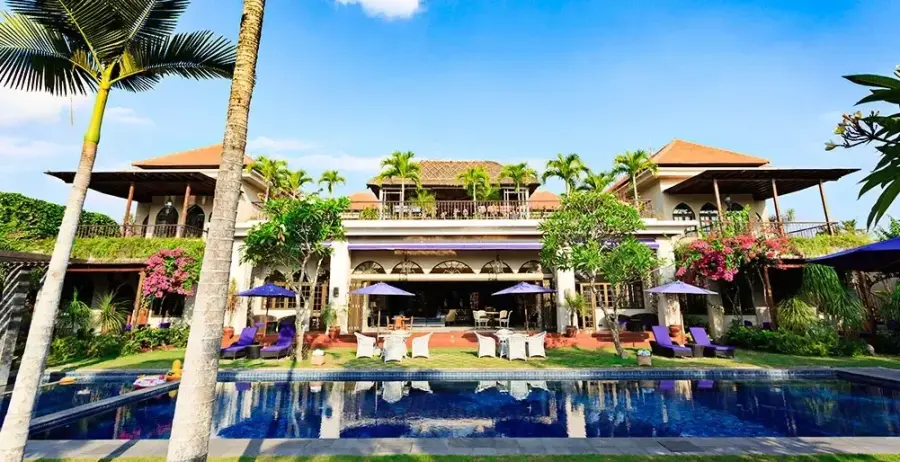
Property investment in Bali is becoming more popular, whether for personal use like vacation homes or villas, or for commercial properties. However, before making the decision to buy property in Bali, there are two important terms you need to fully understand: the difference between freehold and leasehold. Freehold and leasehold are the main forms of home ownership in Bali and many other markets. Understanding these forms of home ownership is crucial for anyone interested in housing investment in Bali, as each has different rules and rights that will affect how you use and manage the property.
Understanding the difference between freehold and leasehold will impact the duration of ownership and your rights to the land you purchase. Freehold gives full rights to the land and building, while leasehold only grants usage rights for a specific period. To better understand, continue reading this article to learn more about these two ownership types and how it will influence your property investment decision in Bali.
What is Freehold?
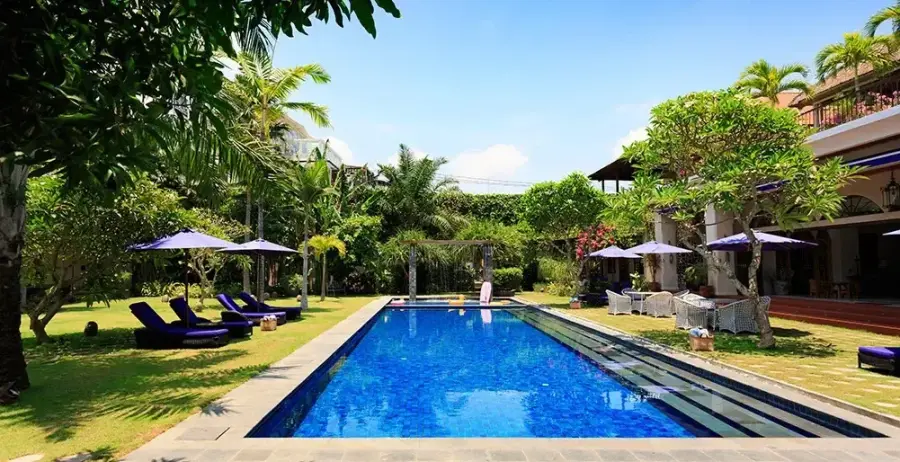
Freehold ownership means you have full rights to both the land and the building on it. Freehold property means complete ownership of both the land and the building, lasting in perpetuity. This means that when you purchase a property with freehold status, you are not just buying the building, but also the land it sits on. This ownership is permanent, so you don’t need to worry about any time limits on managing or using the property.
The main advantage of freehold ownership is the unlimited rights it provides. As a freehold owner, you are free to use the property whenever and for as long as you want. Freehold is generally the preferred option for buyers seeking long-term security. You can also pass it down to your descendants or sell it anytime without worrying about the expiration of a lease agreement. Unlike leasehold properties, freehold properties do not have any dependency on rental agreements or limited durations.
For example, a freehold house gives you complete ownership and control over both the property and the land it stands on, with no restrictions from a landlord or leaseholder.
Additionally, freehold properties typically hold higher value than leasehold properties because the land ownership is permanent and there is no risk of having to return the property after a certain period. With freehold, you own both the property and the land it stands on. This makes freehold the primary choice for those looking for long-term investments or a stable place to live.
Freehold also offers peace of mind because you have full control over the land and building without any time constraints or third-party usage rights. As the owner, you are responsible for maintaining the estate and paying any associated taxes. Therefore, freehold property investment is a smart choice for long-term gains, whether for personal living or investment purposes.
When considering investment, it’s worth noting that new build houses in Bali are often sold as freehold, making them especially attractive for buyers seeking complete ownership in perpetuity.
What is Leasehold?
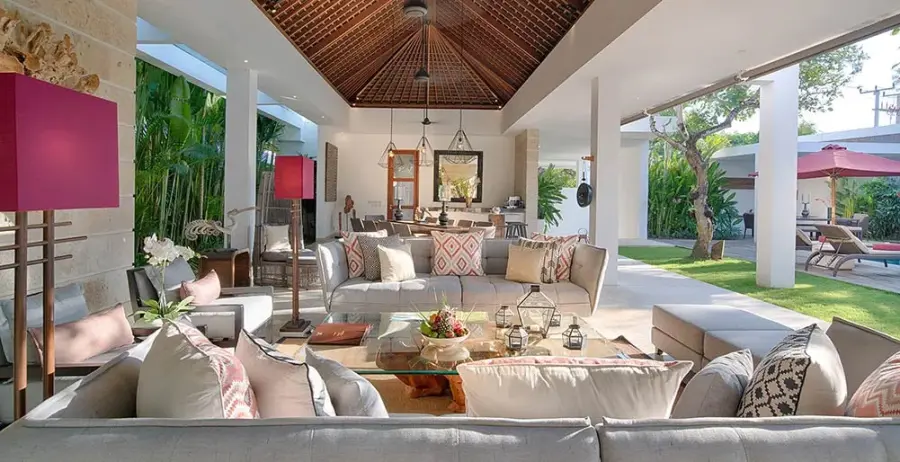
Leasehold means you own the property for a fixed term, but not the land beneath it. In the leasehold system, you gain the right to use the property for an agreed-upon duration, typically between 30 to 99 years. Once the lease term ends, ownership of the property returns to the landowner, and you can’t extend this right unless a new agreement is made.
When it comes to costs, leaseholders are required to pay ground rent and service charges to the landlord. Payments and fees such as ground rent, service charges, and lease extension fees are common in leaseholds. These ongoing payments are important to consider, as they can add up over time and affect the overall affordability of the property.
The duration of the lease is a key factor. Long leases can help maintain property value, while the value may decrease as the lease runs down. As the lease runs down, the property may become harder to sell or remortgage, and extending leases often involves additional fees and negotiation with the landlord.
Moreover, leasehold properties often come with stricter rules regarding renovations or developments. Leaseholders often need planning permission and landlord approval for major changes, and this is common practice in leasehold ownership. The landowner may impose restrictions on structural changes or the use of the property.
Leasehold houses and flats are often sold at lower prices, but buyers should be aware of the ongoing payments and the impact on mortgage eligibility. These factors can influence the affordability and long-term costs of owning a leasehold property.
In terms of ownership, the current owner of a leasehold property may have the right to extend the lease or negotiate with the landlord. This can be an important consideration for homeowners looking to protect their investment or increase the property’s value.
Leasehold is common for flats and some houses, and flat owners may share responsibility for communal areas with other flat owners. This shared responsibility can include payments for maintenance and service charges related to communal spaces.
Read more: How Much Does it Cost of Building a Villa in Bali: Estimated Costs and Budgeting Tips
The Difference Between Freehold and Leasehold You Should Know Before Investing
| Aspect | Freehold | Leasehold |
| Ownership | You have full rights to both the property and the land, and they are fully owned by you indefinitely. | You only have rights to the property for a set period; the land and, in most cases, the whole building are owned by the landlord. |
| Duration | No time limit; ownership is permanent as long as you pay taxes and maintain the estate. | Lease term typically ranges from 25 to 99 years, as defined by leases. |
| Land Rights | You own both the property and the land, can make changes, and sell anytime. | In most cases, the landlord owns the whole building and the land, while the leaseholder only has rights to occupy a part during the lease period. |
| Control | Full control over the property, including development and renovations. | Control is limited by the lease agreement; many changes require the landowner’s approval. |
| Cost | Only pay the property purchase price and ongoing maintenance costs like taxes. | Leasehold properties often involve additional fees such as ground rent, service charges, legal fees, and costs for lease extensions. |
| Property Value | Typically higher in value due to permanent land ownership. | Value may decrease as the lease term shortens, especially if the lease period is nearing its end. |
The main difference between freehold and leasehold ownership is that freehold means you own both the property and the land outright, while leasehold means you only have rights to the property for a set period, and the land (and in most cases, the whole building) remains owned by the landlord.
When investing in property, especially in Bali, it’s essential to understand the type of ownership you choose. Both freehold and leasehold properties relate to land and building rights, but they have significant differences that can affect your investment decision. Leases are legal agreements that define the duration and rights of leasehold ownership. Let’s take a closer look at these differences.
Ownership
- Freehold: Choosing freehold means the property and land are fully owned by the homeowner. As a homeowner, you have complete freedom to manage, sell, or transfer the property at any time without any time constraints. This gives you full control over your legally owned property.
- Leasehold: In the leasehold system, you are only owning the right to use the property for a specific period based on the lease contract. The property itself is not owned by the leaseholder. Once the lease period ends, the property ownership will revert back to the landowner, and you will need to vacate the property.
Duration
- Freehold: There is no time limit on freehold ownership. You can hold onto the property forever as long as you pay taxes and maintain it properly.
- Leasehold: Leases are legal agreements that define the duration of leasehold ownership, typically ranging between 25 to 99 years depending on the agreement. Long leases can help maintain property value, as they provide greater security and are often viewed more favorably in property valuation. It is important to monitor how long the lease runs, since as the lease approaches its end, you may need to consider lease extension options to avoid losing your rights to the property when the lease term ends. Once the lease term ends, you must renew the contract if you want to continue, or you will lose your rights to the property.
Land Rights
- Freehold: As a freehold owner, you have full rights to both the property and the land it stands on. This means you can make changes to the property as you see fit, plan developments, or sell it whenever you want.
- Leasehold: You only have rights to the building, not the land. The landowner retains ownership of the land, which limits your ability to make changes or develop the property without their approval.
Control
- Freehold: With freehold, you have full control over the property. You are responsible for all decisions regarding the property, including construction, renovations, and any other changes you desire.
- Leasehold: Control over a leasehold property is limited by the lease agreement. In practice, leaseholders often need to obtain planning permission from the local council and landlord approval for major changes or renovations.
Cost
- Freehold: After paying the initial purchase price of the property, the main payment is for the purchase price and ongoing maintenance of the estate. You only need to pay for annual taxes, maintenance costs, and any estate management charges if applicable.
- Leasehold: You are required to pay ground rent annually to the landowner, as well as ongoing payments such as service charges and other fees to the landlord. These payments can include service charges for communal areas, maintenance of the estate, and other fees related to property management. Additionally, there may be extra costs for extending the lease when the current one expires.
Property Value
- Freehold: Freehold properties tend to be more valuable because you own both the land and the building permanently. These properties also hold a more stable value over time. Most houses are sold as freehold, giving owners greater control and fewer restrictions compared to leasehold.
- Leasehold: The value of leasehold properties can decline as the lease period decreases, especially as the lease term approaches its end. Shorter lease terms can make it harder to get a mortgage and may reduce the price when the property is sold. Leasehold is most common for flats, while some new houses may also be sold as leasehold. Leasehold properties in prime locations can still maintain high value, though they are more vulnerable to depreciation over time.
Which One is Better? Freehold or Leasehold?
Generally speaking, freehold is the preferred option for most homeowners seeking complete ownership of their property and land.
Both types of property ownership have their pros and cons, and the choice between freehold and leasehold depends on your goals and investment situation. Each ownership type suits different needs depending on how long you plan to hold the property and the level of control you want over it.
If your goal is owning property long-term and having full rights to both the land and the building, freehold is the preferred option. With freehold, you have complete ownership and full control over the property, allowing you to make changes or renovations without any restrictions. Additionally, in most cases, owning a freehold property provides greater security and flexibility. Freehold properties tend to have stable value and can be passed down, making them a good choice for long-term living or investment. With permanent ownership, homeowners don’t need to worry about lease expiration or renewals, providing greater security.
However, if you have a limited budget and don’t plan to stay in the property for a long time, a leasehold might be a more affordable choice. While leasehold properties are less expensive initially, they come with certain limitations, especially regarding the duration of ownership and control over the property. In this case, leasehold can be a good option if you want a property in a strategic location at a lower price, without committing to long-term ownership.
In the end, the decision between freehold and leasehold depends on your personal needs and financial situation. If you want permanent ownership that is stable and long-term, freehold is ideal. However, if budget is a concern and you only need the property for a set period, leasehold might be a better option.
Tips for Property Investment in Bali
Bali is one of the best destinations for property investment. The island has high demand for villas, vacation homes, and commercial properties, especially in tourist areas that are continuously developing. Here are a few tips to maximize your property investment in Bali:
- Choose the Right Location
Location is key when it comes to property investment. Look for areas that are developing or popular tourist spots. Seminyak, Ubud, and Canggu are great choices due to their high rental potential. However, quieter areas close to beaches or tourist attractions can also be good options. - Check Property Legality
Ensure the property you’re buying has complete and valid documentation. If you’re a foreign investor, make sure you understand the land ownership regulations and the legal framework in Indonesia. This is important to avoid any issues with ownership rights in the future. - Understand the Investment Duration
If choosing a leasehold property, ensure you know how much time is left on the lease and what options are available for renewal. This will affect the resale value and potential returns. For long-term investment, freehold might be more beneficial as it has no time constraints. - Conduct Market Research
Always research the property market in Bali to understand price trends. See what the price appreciation or rental yields might be in the coming years. This will help you determine the best time to buy or sell property. - Diversify Your Investment
Don’t put all your money into one property type. Consider investing in various property types such as villas, apartments, or commercial properties to minimize risks. Diversification increases your chances of making a profit from different sectors. - Start Your Investment Journey with Bali Premium Villa
If you’re new to investment in Bali, consider partnering with Bali Premium Trip. They offer high-quality properties with great rental potential. With professional management support, you can easily manage your property and maximize returns without the hassle.

Read more: Recommended Villa Renovation Services in Bali: Modern & High-Quality Design Solutions
Plan your investment today with Bali Premium Villa!
Before starting your property investment journey in Bali, it’s essential to understand the difference between freehold and leasehold. These two types of ownership have distinct characteristics and can greatly impact your investment decisions. Freehold gives full ownership rights to both the land and building without time limitations, while leasehold only grants the right to use the property for a certain period, typically between 25 to 99 years. Understanding these differences will help you choose the right option based on your investment goals and duration.
If you’re ready to start investing in Bali with professional support, Bali Premium Villa is the right choice. Bali Premium Villa offers a variety of high-quality properties with excellent rental potential, whether for short-term or long-term investments, also villa construction and renovation services. With an experienced management team, they can help you efficiently manage your property, so you can focus on maximizing your investment returns.
Don’t miss out on the opportunity to invest in one of the best destinations in the world. Contact Bali Premium Villa today and start your investment journey in Bali with full support from our expert team.
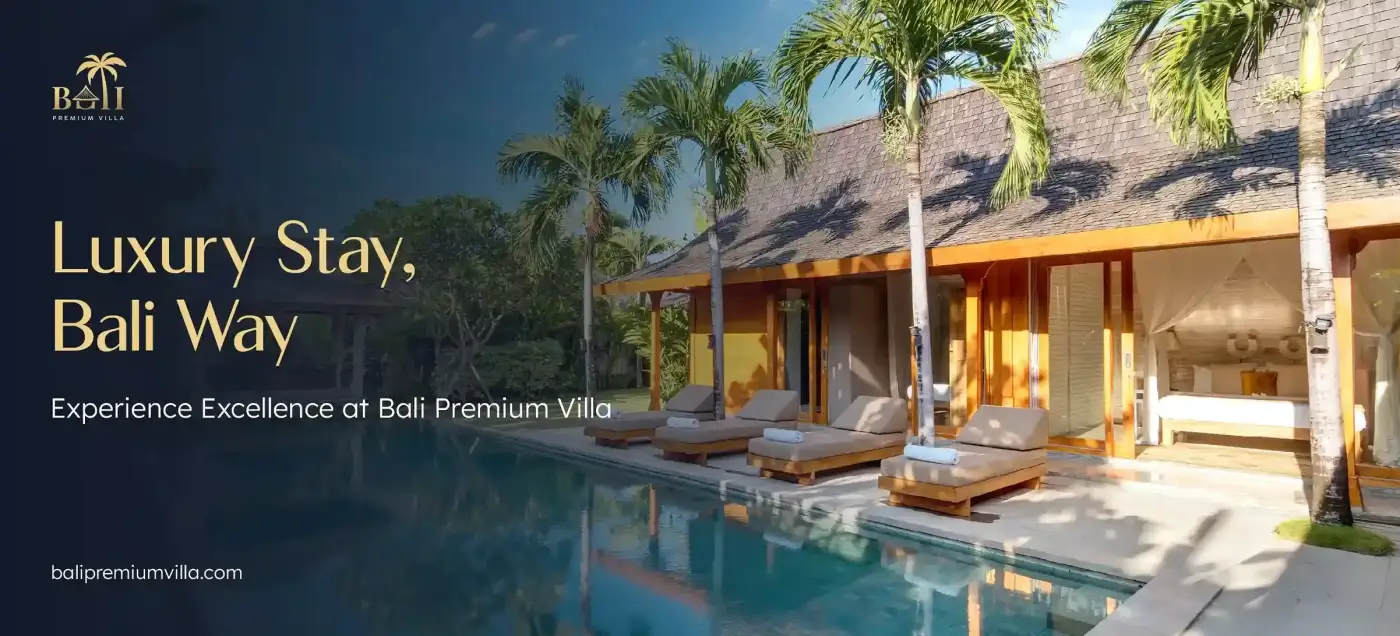
Related Article
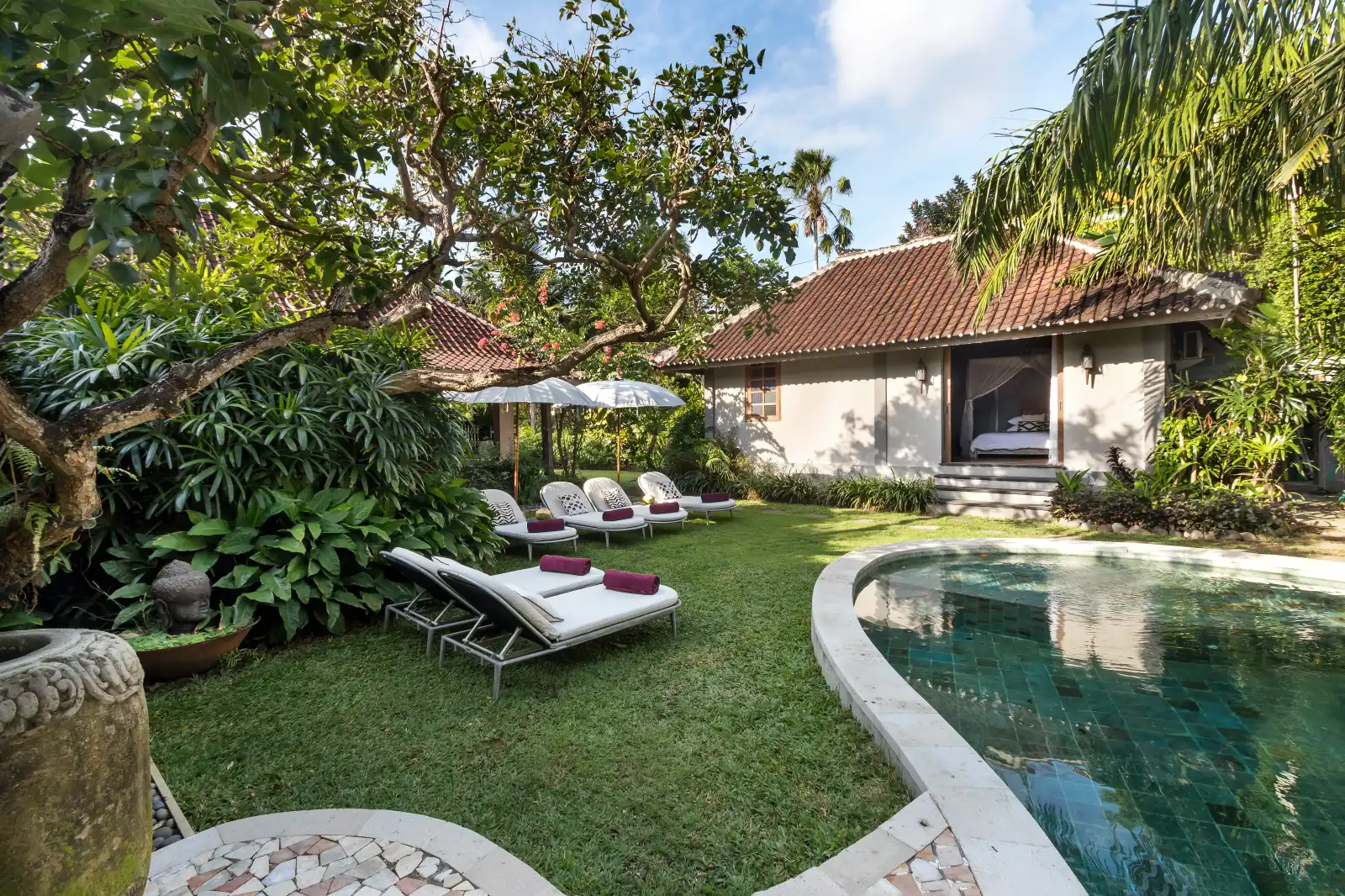
How to Choose Villa Maintenance Service in Bali? Check Here!
Have you made sure that your villa in Bali is...
Have you made sure that your villa in Bali is getting the right maintenance? How to choose villa maintenance service...
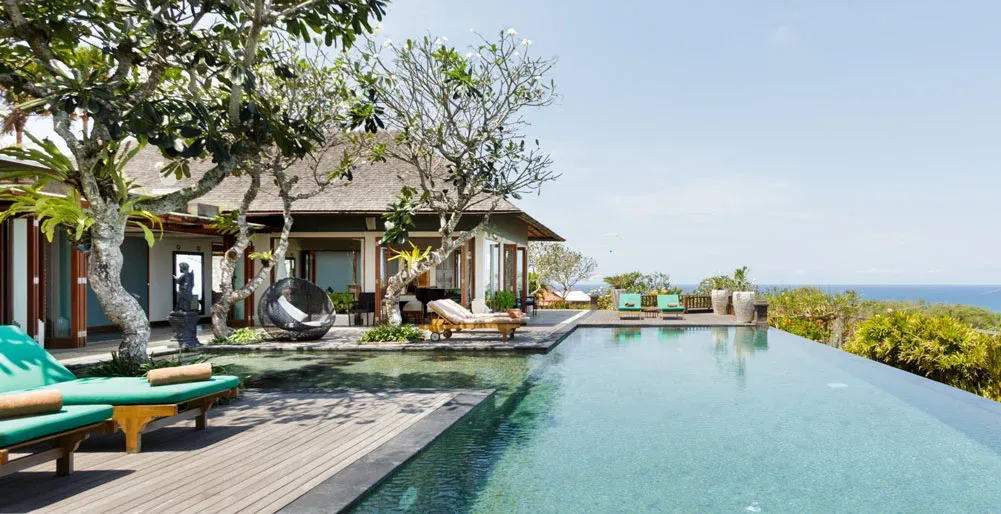
The Importance of Preventive Maintenance for Luxury Villas in Bali
Do you know that proper maintenance is key to preserving...
Do you know that proper maintenance is key to preserving the quality of your luxury villa in Bali over the...
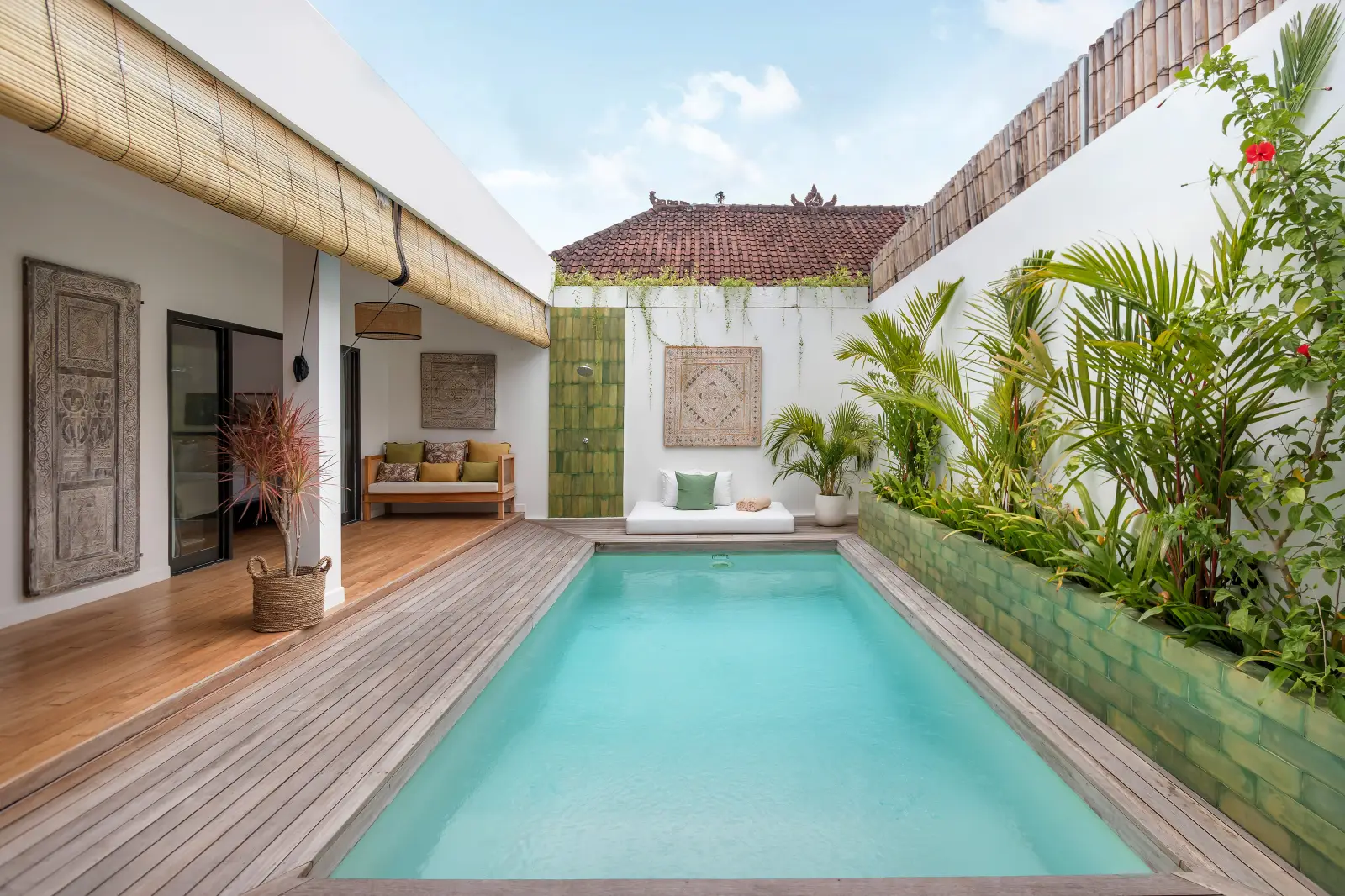
7 Interior Elements That Must Be Present in a Luxury Villa in Bali
Have you ever wondered what makes a luxury villa in...
Have you ever wondered what makes a luxury villa in Bali truly stand out in this competitive property market? Interior...
